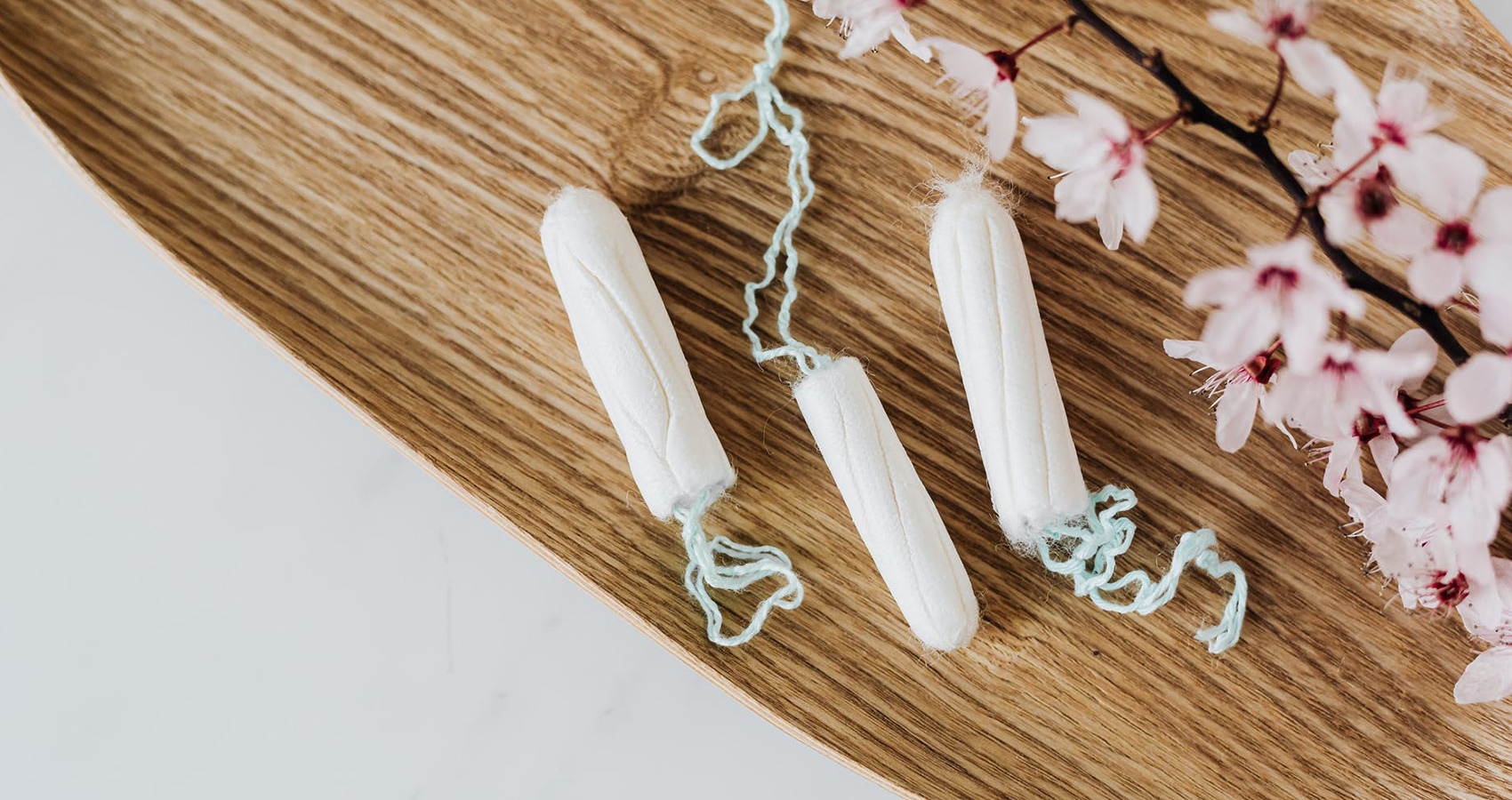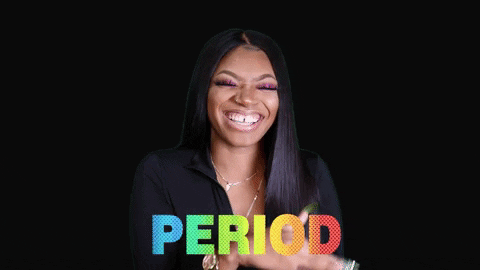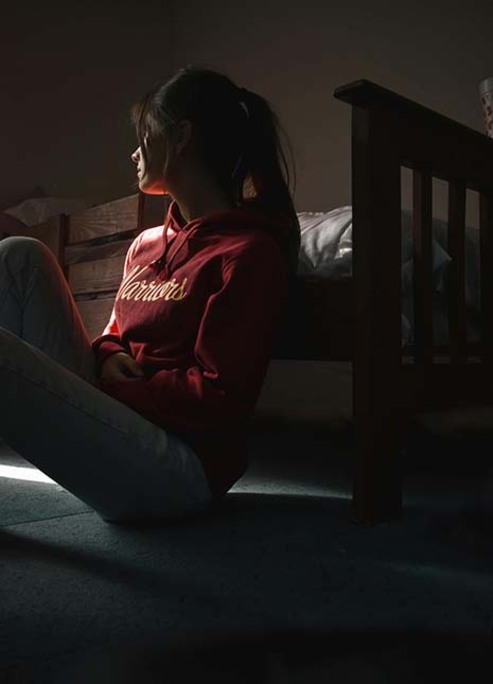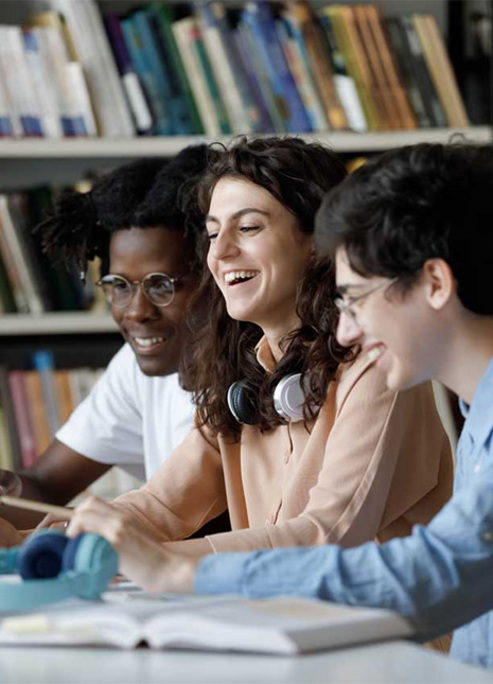
A Big Step For Scotland: Free Period Products For All
We reflect on Scotland's new law and consider what this means for the rest of us.
Delving straight into the history books, Scotland is first to make menstrual products free for all to access. At the forefront of a life-changing campaign, Scottish Health Spokeswoman Politician, Monica Lennon has impacted the talk around periods forever. Her demand for fundamental change “will make a massive difference to the lives of women and girls and everyone who menstruates” she said to The Guardian in an interview.
What does this mean for Scotland? All local authorities must ensure that free sanitary products are available to anybody who needs them. The Sanitary Products Bill introduces a legal right of free access to period products in school, colleges, universities and public buildings across the country.

While periods are a natural process in life, the stigma attached is one that does not come in favour. ‘Shark week, code red, auntie flo”, are just some of the euphemisms used to avoid referring to a woman’s menstrual cycle. Often viewed as ‘gross’ and ‘dirty’, menstrual taboos shouldn’t indicate that your period is an embarrassment. Monica Lennon, states she wants to further the work of the bill in not just making period poverty a relic of the past but addressing the stigma around menstruation by improving period education in Scotland.
Although this is progress, there is still a long way ahead for the rest of us. With period poverty affecting women and girls all over the world access to menstrual products has never been more essential for anybody who menstruates.
All over the world, up to 500 million people are living in period poverty each month. Not only that, 90 per cent of female students in rural areas do not visit school for four or five days while on their period. In the UK, a reported 137,700 girls have missed school due to period poverty.
Products like tampons and pads are not classified as “necessities,” which means they are not covered by health insurance and cannot be purchased with food stamps. Likewise, in the European Union, sanitary products are regulated and taxed as luxury items. With five per cent ‘tampon tax’ added to every purchase of a menstrual product which can be a heavy obstacle for many.
Here are some facts about period poverty. Nearly one in five American teenagers in poverty cannot afford the supplies and support they need. More than 12 million female refugees in the world have little or no sanitary protection. In India, over 70% of women don’t know what sanitary towels are and don’t know how to use one.1 in 10 girls, in the UK, between the ages of 14 and 21 can’t afford to buy sanitary products.
Nobody should be held back because of their period. So, join the conversation and raise awareness to help those in need by donating to organisations who support this cause below. Thank you :)
Action Aid
Period PovertyUK
Always
Freedom 4 Girls
The Body Shop X BloodyGoodPeriod
BloodyGoodPeriod
Plan Uk











